While the issue of flushable wipes has started to attract more attention in the past few years, the US is still experiencing endless environmental issues and flushable wipe blockages due to these products. In some states, products are now required to have ‘do not flush’ added to the packaging to stop flushable wet wipes from causing environmental and infrastructural issues. Why is this issue continuing, and what you can do to reduce your reliance on flushable wipes?
Relying on Flushable Wipes During the COVID-19 Pandemic
The recent pandemic has changed many habits for both consumers and organizations across the US. Research suggests that both flushable wipes and surgical masks are now some of the leading sources of fiber microplastic pollution during the pandemic. Our reliance on flushable wet wipes only increased when toilet paper and other supplies were in high demand, and hospitals and medical facilities were using more masks than ever before.
Unfortunately, once these wipes are flushed down the toilet, the fiber microplastics are now released into the environment. These microplastics are more likely to separate when they enter new surroundings, which increases the number of secondary microplastics in the waters. On top of the concerns regarding the material, there’s also the accumulation of any harmful chemicals that might be used within flushable wet wipes.
While health and safety certainly need to be of high priority during this time, this certainly doesn’t mean wipes are the only way to protect ourselves in the pandemic. Unfortunately, the toilet paper shortages during the pandemic didn’t help consumers to cut down on their flushable wipe usage. However, plumbers and companies are now begging consumers to stop using these products as toilet paper is readily available once again. Paper towels, flushable wipes, and napkins have all been used in the last few years, but it’s time to find a more sustainable solution to this issue to avoid further environmental concerns in the US.
New Laws Regarding Flushable Wipes
Throughout the US, rules vary between states in regards to environmental concerns and practices. One state that is leading the way and setting an incredible example regarding the use of flushable wipes is California. In the early days of the pandemic in March 2020, the California Water Boards advised residents that using flushable wet wipes or paper towels can cause major issues for sewer systems. However, it seems these warnings weren’t enough for homeowners.
Since that time, California Governor Newsom signed AB 818 into law in the state, which requires all flushable wipes, cleaning wipes, and cosmetic wipes to come with a warning against flushing. This bill was proposed at the start of 2021, and it’s a result of three years of effort to combat this issue in California. The hope with this law is that it will help to educate consumers who might genuinely be unaware of the issues that flushable wipes cause for the environment and infrastructure in the state and the country as a whole. Only time will tell if this will resolve the major issues that are being experienced in the US, but it’s certainly a step in the right direction.
Alternatives to Flushable Wet Wipes
The good news is that thanks to the innovation and forward-thinking by companies across the US, there are now solutions to some of the issues we’ve shared above. Pristine is one great example of this and offers a toilet paper spray that can be used instead of flushable wet wipes. Instead of using flushable wipes, which damage your city’s water treatment facility and your home plumbing and septic systems, you’ll can use this spray on dry toilet paper to create a safe and flushable wipe alternative. The spray offers a high-quality and more natural product that always feels great on your skin. This type of solution could be the way forward for cities and countries around the world that are struggling to find a way to stop consumers from flushing wipes down the toilet.
The United States is one of the world’s biggest consumers of flushable wet wipes. We can all play a part to stop the environmental and infrastructural issues these flushable wipes cause on a daily basis.

